The assassination of Abraham Lincoln was undeniably one of the most tragic events in United States History. To make it worse, it happened on the heels of the Union’s victory over the Confederacy and the end of the American Civil War.
It was then that John Wilkes Booth, a Confederate sympathizer, entered Ford Theater and snuck into the Presidential Box to commit the murderous act.
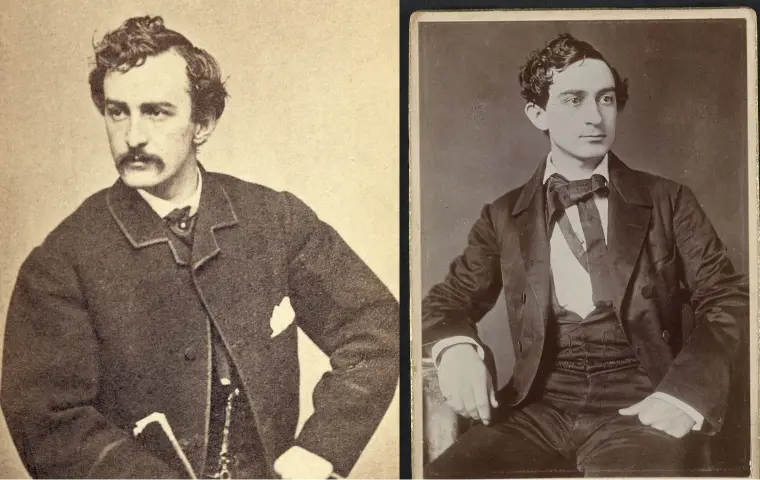

Then he fled the scene by jumping from the box screaming “Sic Semper Tyrannis”. Not long after, both Lincoln and later Booth died – albeit days apart from each other.
However, this actually isn’t the first connection between the two men.
The Connections
Almost a year earlier, it was one Booth that ended up saving the life of a Lincoln while waiting for a train in Jersey City, New Jersey. Specifically, John Wilkes’ brother Edwin would pull a man away and prevent him from falling to his death.
That man he saved happened to be Robert Todd Lincoln, the 21-year-old son of the President.
Robert was on vacation from Harvard and was returning home to Washington to spend time with his family. Meanwhile, Booth was traveling to Richmond, Virginia to meet a friend by the name of John T. Ford. Oddly enough, that is the name of the owner of Ford’s Theatre.
It’s crazy how two members from each of the same families would encounter one another in what seemed like a life and death situation.
However, tensions were high for one of those families, and soon they would boil over. Beyond that, the Booth and Lincoln connections before the assassination were quite strange.
The Tragic History Of The Booth Family
John Wilkes Booth and his brother Edwin were both members of a family that carved out excellent careers as stage actors. Their father was Junius Brutus Booth, who was born in London in 1796.

Here’s where things get a little strange – he happens to share the same name as Brutus, the Roman politician who was known for assassinating Julius Caesar many years ago.
He was an accomplished actor who immigrated to the United States after touring Europe and performing in Shakespearean plays. His life began to unravel after the death of one of his other sons.
He began to spiral into alcoholism, which would become a recurring theme in the Booth family.
Tragedy would be a typical theme for the Booth family as Junius and his wife, Mary Ann Holmes Booth, had ten children. Four passed away, with three of them falling victim to a cholera epidemic in 1833. The family were accomplished actors, and each performed.
Edwin Booth had accomplished a lot in his own right as a successful theater actor. He was perhaps more popular than his own father. Edwin would stand in at the age of 15 to play King Richard III when his father was too ill to do so.
Eventually, Edwin would soon experience his own struggles with alcoholism. Despite this, he continued to achieve success on stage – even performing regularly on Broadway in New York City for much of 1864.
A House Divided
After Edwin brought in his brother-in-law as a business partner, tensions between himself and John Wilkes Booth began to arise. The things they disagreed on included finances, success, and even politics.
While Edwin was successful, John Wilkes was less popular and had received not-so-great reviews.
With the American Civil War raging on, there was even more division between the two. While John Wilkes supported the Confederation, Edwin was a staunch supporter of the Union.
Edwin got the opportunity to perform for President Lincoln in honor of the third anniversary of his inauguration as President.
Edwin and John Wilkes were far from close. However, the tragic assassination of President Lincoln would be an event that the older Booth brothers would take personally and with great anguish.
After Lincoln’s death, Edwin felt betrayed by his own brother because the family’s name was tarnished.
Depressed by the loss of his President and the negative reputation of the Booth name, Edwin took a break from acting. He would not return until over a year later. When he returned to the stage, he was still loved and appreciated by theater goers.
The Later Recollections Of The Event
The first time Robert Lincoln told someone about a man saving his life was some time in 1865. He was serving alongside Union General Ulysses S. Grant. Lincoln shared his story with Colonel Adam Badeau, who turned out to be a friend of Edwin’s.
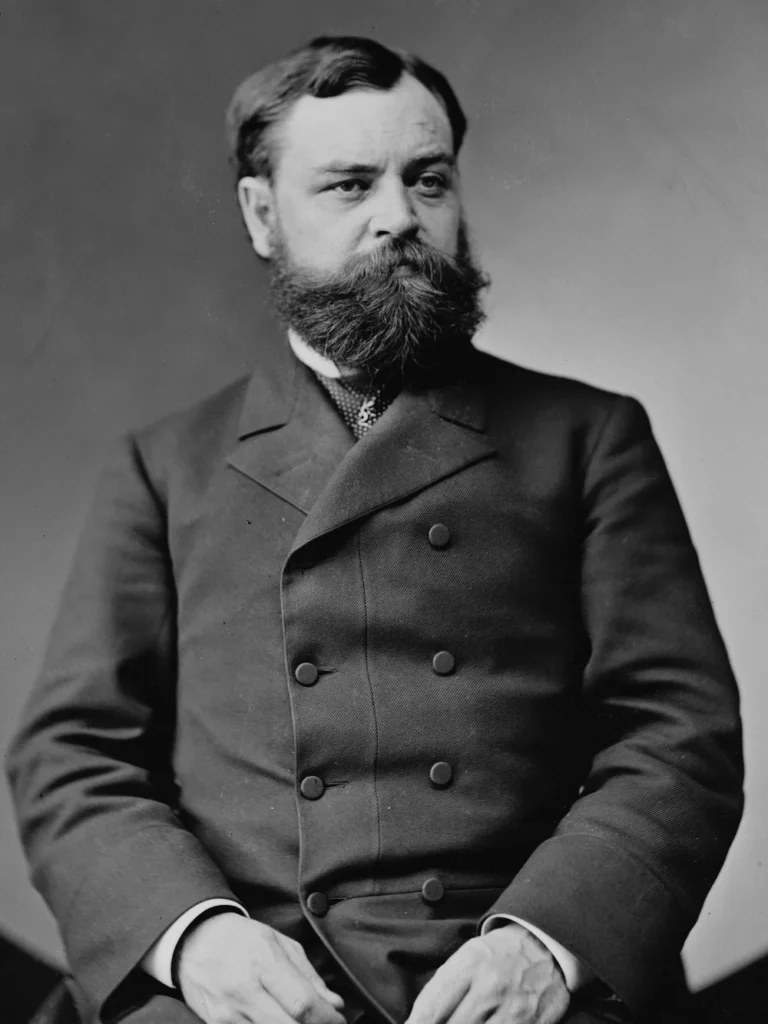
Badeau would soon write a letter to Booth offering his thanks for performing the deed. Soon, Edwin Booth found out that the man he saved at the train station was the son of President Lincoln. He had no idea of it at the time.
It was believed that the General himself wrote a separate letter to Booth to congratulate him for being a hero and was willing to return a favor to him.
When Grant received a reply from Booth, the latter said that if the two met in Richmond, he would perform in front of Grant and his audience of troops.
He would tell a more detailed story in 1909 about what actually happened. In a letter he wrote to a magazine editor he explained that the platform was crowded and Lincoln was standing close to the platform. He was soon pressed up against the train car due to the swelling crowd.
When this happened, the train started to move, causing Lincoln to lose his balance and nearly fall into the open space between the train and the platform.
As he began to fall, someone snatched his collar, and soon he was pulled up. When Lincoln turned to thank the man who rescued him, he realized that it was Edwin Booth just by recognizing his face.
The crazy part is that Robert Lincoln never told his parents about the kind man who saved his life from falling off a train platform. One of the reasons was that Robert and his father were not too close. Robert believed that his father had plenty to worry about, with the American Civil War continuing to dominate his mind daily.
Even telling such a story to his mother would send her into a mental downward spiral. It was bad enough that Mary Lincoln was unstable and couldn’t bear the thought of losing yet another son to a tragic event.
In fact, it wasn’t the first time in his life that Robert was saved from death.
At the age of three, he had put a small amount of cleaning agent for the outhouse in his mouth. This led to Mary hysterically announcing that her son was going to die.
However, a nearby neighbor arrived and washed Robert’s mouth – effectively saving him from illness or death by poisoning.
Robert Todd Lincoln And The Assassination Of Two Presidents
Despite two brushes with death, Robert Todd Lincoln would continue on the Lincoln bloodline. After his father’s assassination, he would move to Chicago, where he would study law and eventually become a lawyer in his own right.
Like his father, he would get involved in politics, serving as the Secretary of War from 1881 to 1885.
The night of his father’s assassination, Robert Todd Lincoln stayed at the White House instead of accompanying his parents to Ford’s Theatre.
However, he would be in the immediate vicinity of the next two presidential assassinations – the first was James A. Garfield in 1881, followed by William McKinley in 1901.
Had he attended the play with his parents, he might have thwarted his father’s assassination – or may have been a witness to three of the four most tragic moments involving the President of the United States in American history.
The Last Of The Lincolns
Lincoln was fortunate to become a surviving member of his family. He would marry a woman named Mary Eunice Harlan, and the pair would have three children.
Lincoln would attend the dedication of the memorial in honor of his father – where he would attend alongside former Presidents including William Howard Taft and Warren Harding.
Lincoln died on July 26, 1926, at his home in Vermont. He was survived by a few grandchildren, who would eventually become the last living descendants of Abraham Lincoln.
The last descendant to die was Robert Todd Lincoln Beckwith, who passed away on Christmas Eve 1985.
The Death Of Edwin Booth And An Eerie Collapse
Edwin Booth died on June 7, 1893. On the day of his funeral, an eerie but bizarre occurrence had happened.
The Ford Theater had since been converted into an office building owned by the Department of War – the same department that Robert Todd Lincoln headed up nearly 12 years earlier.
A collapse had occurred at the place once known as Ford Theater, eventually killing almost two dozen people in the process. This sparked rumors that the building had been cursed due to the assassination.
However, the building was repaired and changed ownership over the course of many decades.
Eventually, Ford’s Theater was soon restored and reopened. But the Presidential Box was never occupied again. President Barack Obama attended a performance at the theater in honor of Lincoln’s 200th birthday – perhaps the first President to do so since Lincoln.
All seems peaceful now in Ford’s Theater, long after the death of one President. But how eerie it had been for everything to come together over many decades to tell a story and the bizarre dots that have been connected.
Sources
https://www.history.com/news/john-wilkes-booth-family
https://www.history.com/news/10-things-you-may-not-know-about-the-lincoln-assassination
https://www.chicagotribune.com/news/ct-xpm-1985-12-26-8503290655-story.html

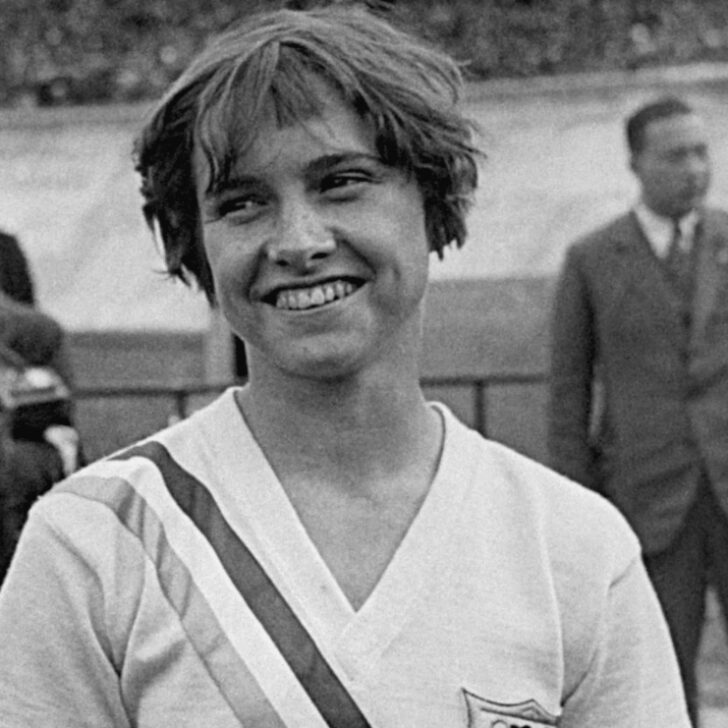
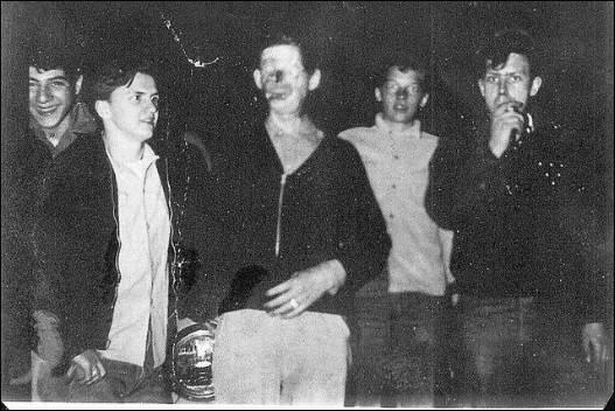
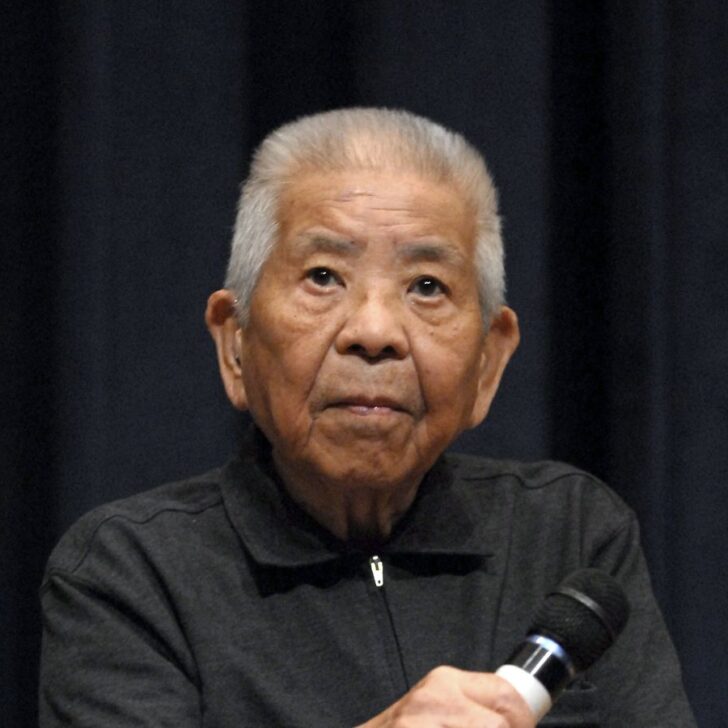
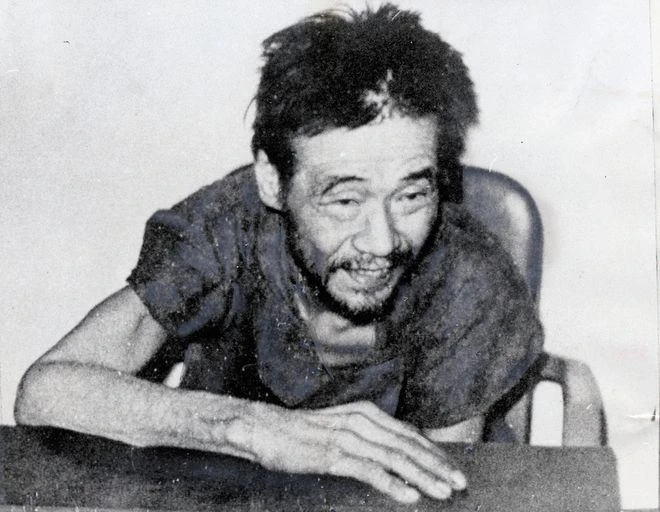
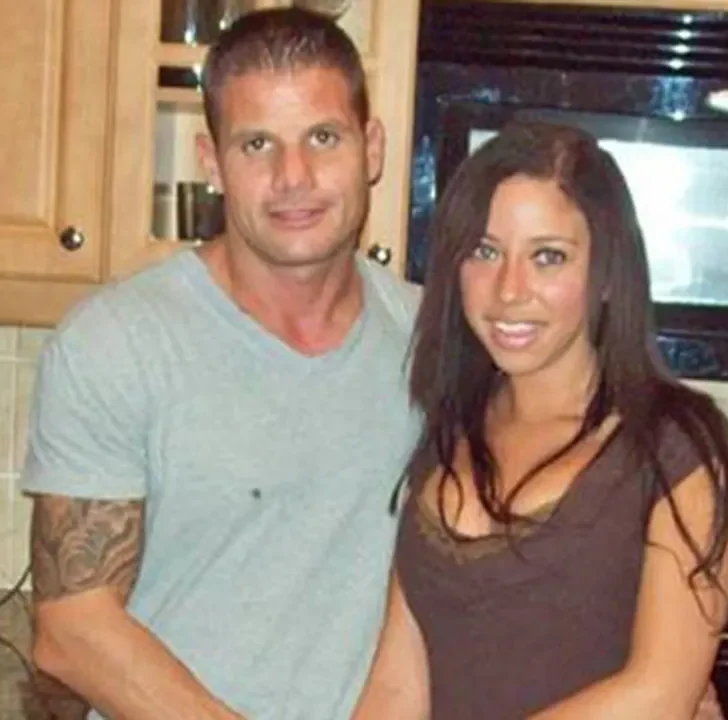

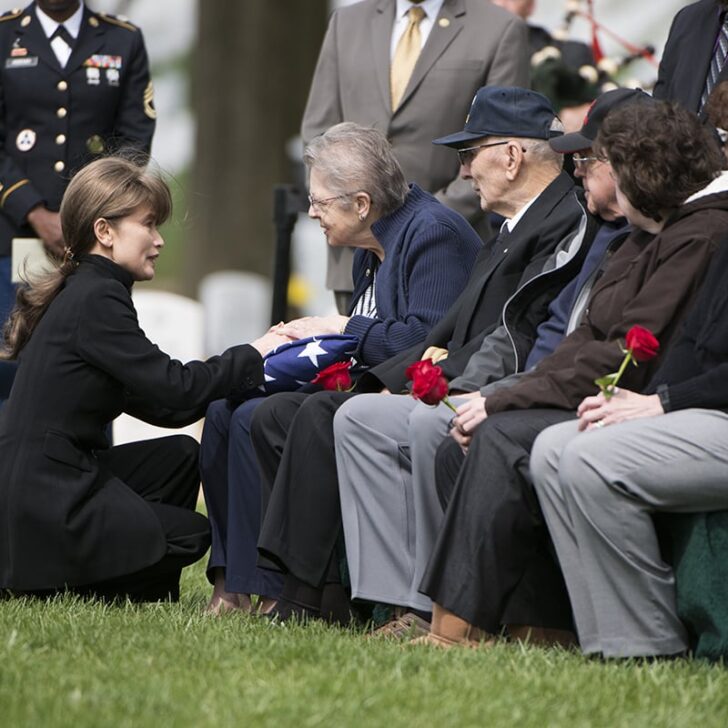





Someone essentially assisted me in producing substantial posts. I must say that this is the very first time I have visited your website, and thus far I am impressed with the amount of effort you have put into producing this specific post. Well done.